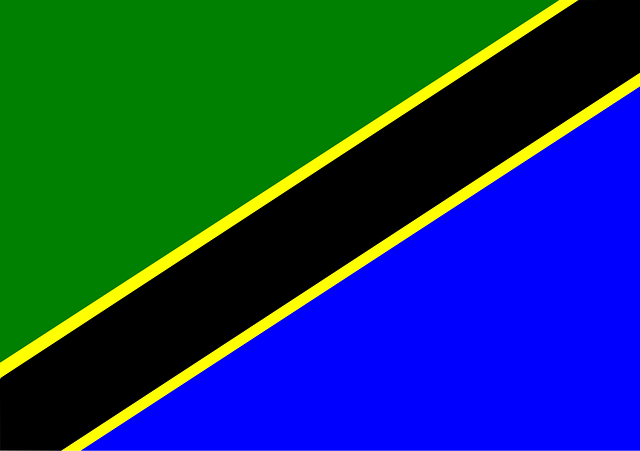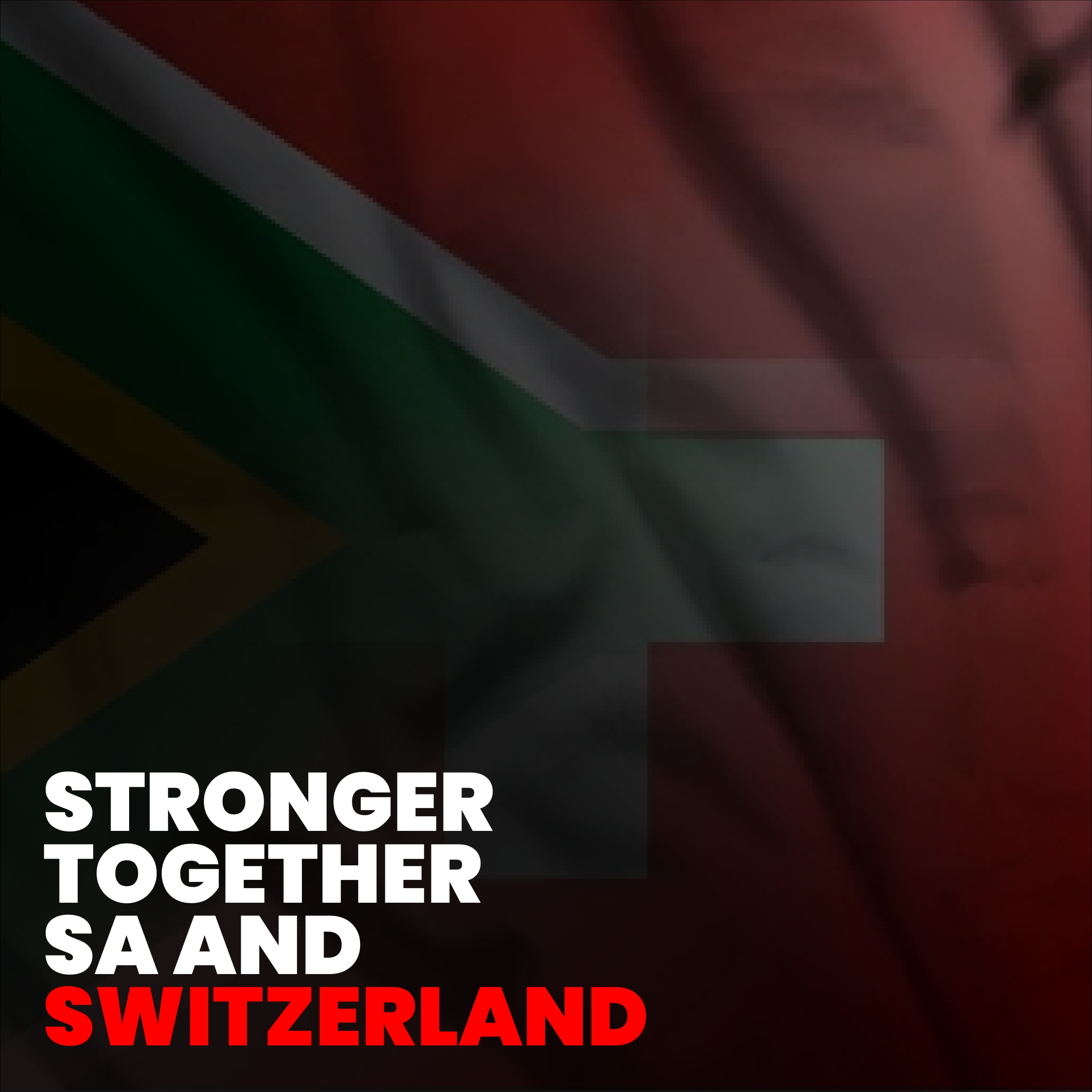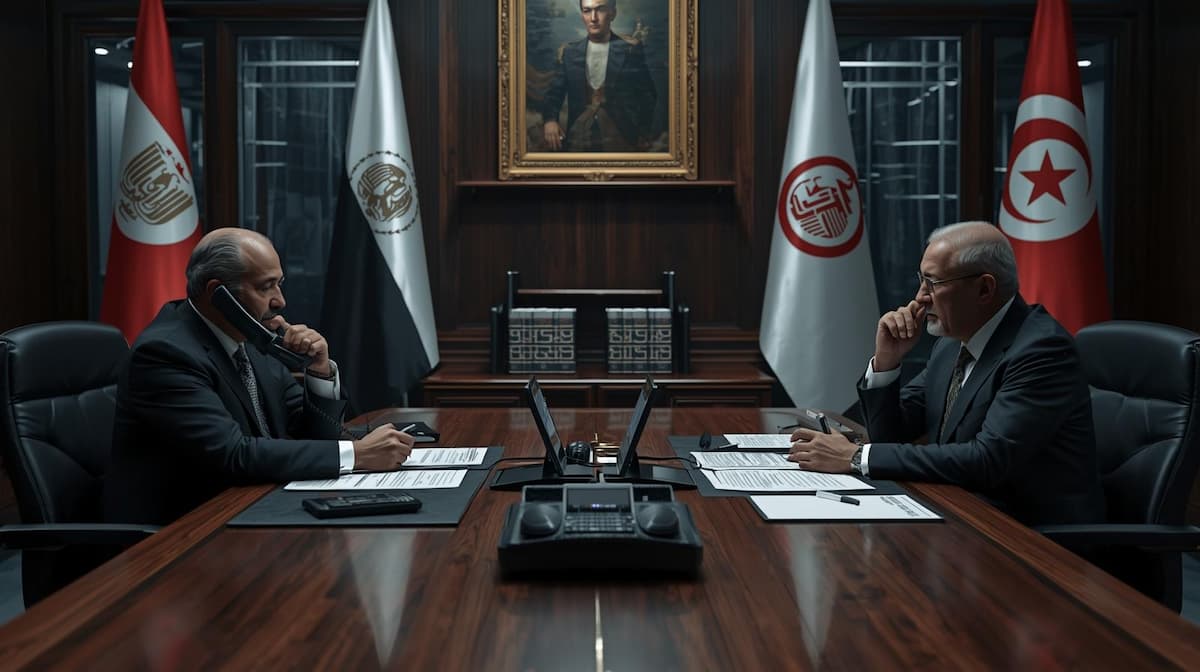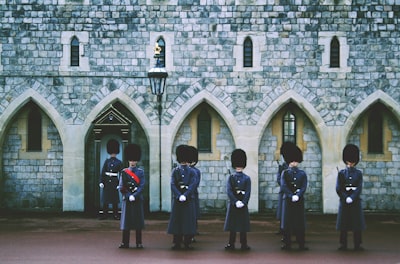In the quiet village of Mbwewe in Tanzania, Fatuma Saidi Majogo sits on a woven mat, her hands busy with basket weaving. Around her are signs of a humble life dusty pathways, traditional huts, and simple tools of daily survival. Yet her eyes, once clouded with pain and darkness, now shine with resilience and gratitude. Her personal journey from the brink of blindness to becoming a beacon of hope for others has turned her into a voice for change in her community.
A Battle for Her Sight
Fatuma once faced the devastating reality of losing her vision, an ordeal that left her isolated and uncertain about her future. Access to quality healthcare in rural Tanzania is limited, and for many like her, the possibility of sight restoration often seems unattainable. Through determination and support, however, she fought her way to treatment, regaining not only her sight but also her sense of dignity and independence.
From Patient to Advocate
Her experience sparked a new purpose. Having struggled for her own sight, Fatuma resolved to dedicate herself to helping others especially women and children who face similar challenges. She now advocates for greater awareness of preventable blindness and the importance of accessible eye care services. In doing so, she has become a source of inspiration, showing that one person’s recovery can light the way for many others.
Challenges Facing Rural Communities
Rural Tanzanian villages like Mbwewe face persistent barriers to healthcare, including lack of medical infrastructure, limited transportation, and widespread poverty. For many residents, even minor illnesses can have devastating consequences. Eye conditions, if left untreated, often lead to irreversible blindness, robbing individuals of opportunities for education and work. Fatuma’s advocacy underscores the urgent need for policies and programs that prioritize accessible, affordable healthcare in marginalized areas.
Empowering Through Example
By sharing her story, Fatuma has become a role model, proving that disability does not mean the end of opportunity. Her community now sees her not only as a survivor but also as a leader who speaks on behalf of those whose voices are often ignored. Through small acts whether encouraging neighbors to seek medical help or raising awareness about health programs he demonstrates how personal resilience can transform into collective empowerment.
A Call for Broader Action
Fatuma’s journey reflects a larger issue across Africa, where millions continue to face preventable blindness and limited access to healthcare. Her fight is not just her own; it is part of a broader struggle to ensure that vulnerable populations are not left behind. Governments, non-governmental organizations, and international partners all have a role to play in strengthening health systems and ensuring no one is denied the basic right to sight.
Conclusion
From the dusty grounds of Mbwewe to the broader conversation on disability rights in Africa, Fatuma Saidi Majogo’s story is a testament to the strength of the human spirit. She fought fiercely to regain her sight, and now she fights just as fiercely for others. Her journey reminds us that resilience can inspire change, and that access to healthcare is not just a privilege but a fundamental human right. In Fatuma’s determination, we find a message of hope for all communities facing similar struggles: with courage and advocacy, transformation is possible.
for more news : africaheritagevoice.com




